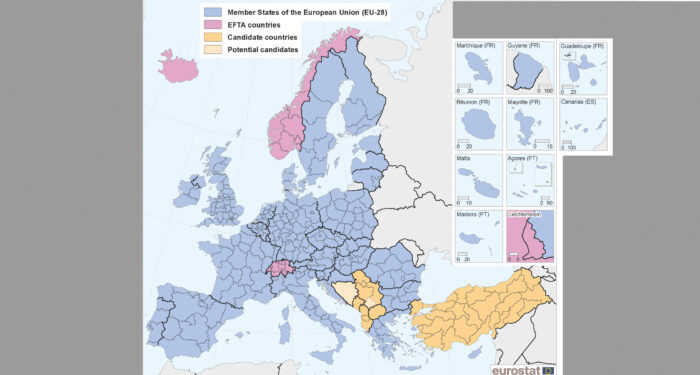The concept of partnership is, like governance, fashionable at the moment. It seems to meet a need for a thorough overhaul of the methods (institutions and procedures) of public management, which in turn results from what some refer to as ‘the crisis of the state’.
Especially in the area of social protection, which used to be dominated by ‘paritarisme’ (equal representation, especially of the ‘social partners’), partnerships are increasingly being fostered between public authorities at various levels (the products in part of efforts to devolve power away from the central administration) and institutions representing civil society to a greater or lesser extent: trade unions, of course, but also a whole series of new players, in particular voluntary organizations, whose claims to be representative need to be kept under scrutiny.
Julien Damon describes how this process is developing in France, and questions its raison d’être, its benefits and drawbacks, including the risk that it will lead to the gradual dismantling of the responsibilities that properly belong to the state, a distortion and dilution of the concept of the public good, even institutional arrangements of questionable legitimacy. In doing this he touches on the problem of a style of governance that, in the guise of promoting greater closeness to the governed, might lead to institutional confusion, carrying with it threats to both democracy and the efficacy of the policies for which, in his view, the state should continue to be primarily responsible.
La dictature du partenariat. Vers de nouveaux modes de management public ?
Cet article fait partie de la revue Futuribles n° 273, mars 2002


